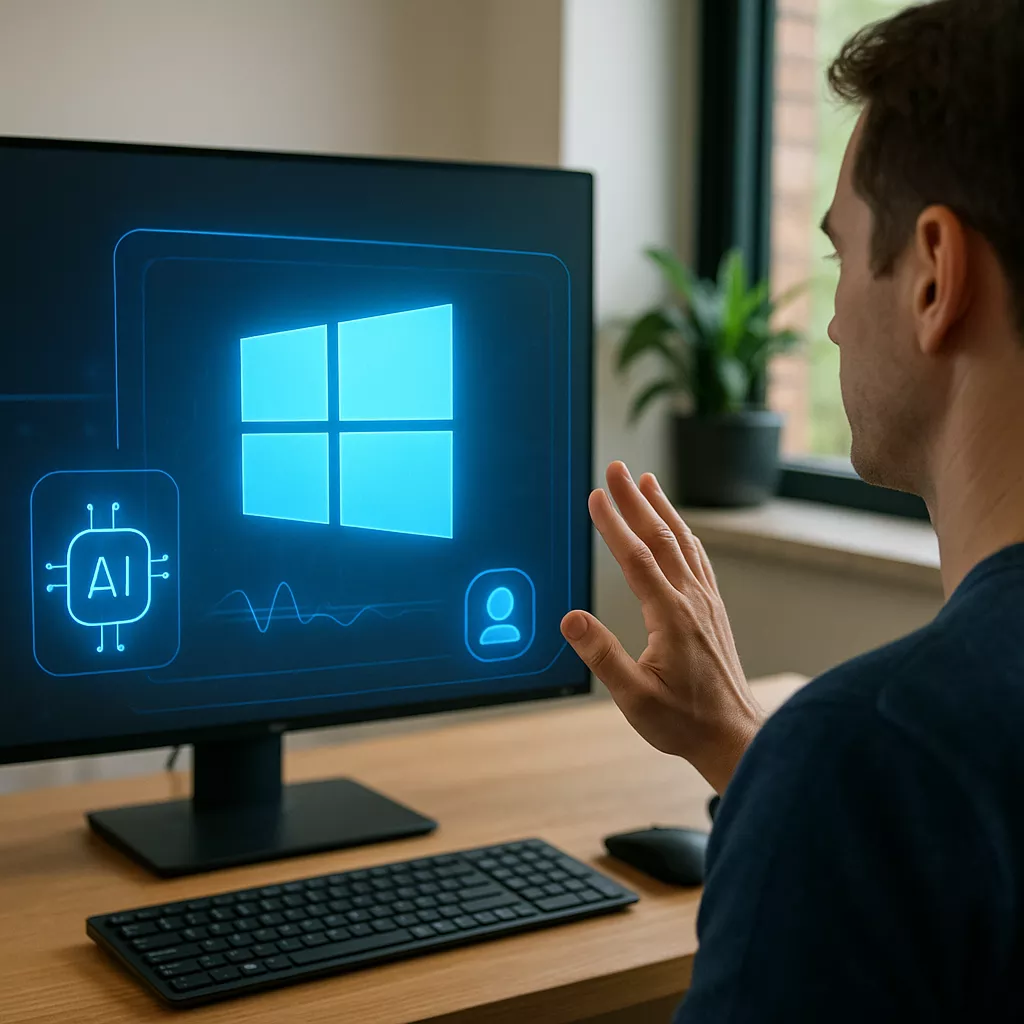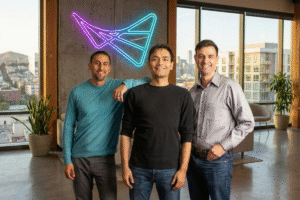
Agentic AI Windows OS Could Replace Mouse and Keyboard by 2030
The Rise of the Agentic AI Windows OS
Microsoft has unveiled its Windows 2030 Vision, predicting a major shift in how users interact with its operating system. At the center of this forecast is the agentic AI Windows OS, designed to make natural language the default method of interaction. According to the company, “mousing around and keyboarding around” in 2030 will feel as outdated as using DOS does to Gen Z today.
David Weston, Corporate Vice President of Enterprise & Security at Microsoft, shared that by 2030, companies may hire AI agents to act as security experts. These AI agents will operate like real colleagues—joining meetings, collaborating on Microsoft Teams, and performing tasks that currently require human expertise.
Multimodal Interaction and Productivity
The agentic AI Windows OS aims to support multimodal communication. This means it could see what users see, hear what they hear, and execute complex instructions through voice commands. Weston believes this will shift computing from primarily visual input to a more conversational approach, reducing reliance on traditional hardware like the mouse and keyboard.
The AI will handle “toil” work, allowing human employees to focus on higher-value tasks. Microsoft frames this as a way to enhance productivity rather than replace jobs, though public reaction to AI replacing human functions often includes concerns over employment impact.
Microsoft’s AI Investment and Public Reaction
Microsoft’s aggressive investment strategy underscores its AI ambitions. The company has poured over $13 billion into OpenAI and acquired Inflection AI’s assets for $650 million. These moves enable integration of AI across its product ecosystem, from Windows to Teams.
However, the public response to the agentic AI Windows OS concept has been mixed. The Windows 2030 Vision video has received more dislikes than likes, signaling skepticism. Past experiences, such as with Copilot’s unfulfilled promises and the Recall feature controversy, have shown that not all AI rollouts meet user expectations.
The Road to 2030: Vision or Overreach?
While Microsoft envisions a future where the mouse and keyboard are relics, some doubt that this change can occur in just five years. Technological adoption often moves slower than forecasts suggest, and historical backlash has forced Microsoft to revise or abandon certain AI features.
Whether the agentic AI Windows OS will fundamentally change human-computer interaction by 2030 remains uncertain. What is clear is that Microsoft is betting heavily on AI to redefine the Windows experience.
Do you think the traditional mouse and keyboard will still dominate in 2030, or will natural language truly take over?
Explore Business Solutions from Uttkrist and our Partners’, Pipedrive CRM [2X the usual trial with no CC and no commitments] and more uttkrist.com/explore



